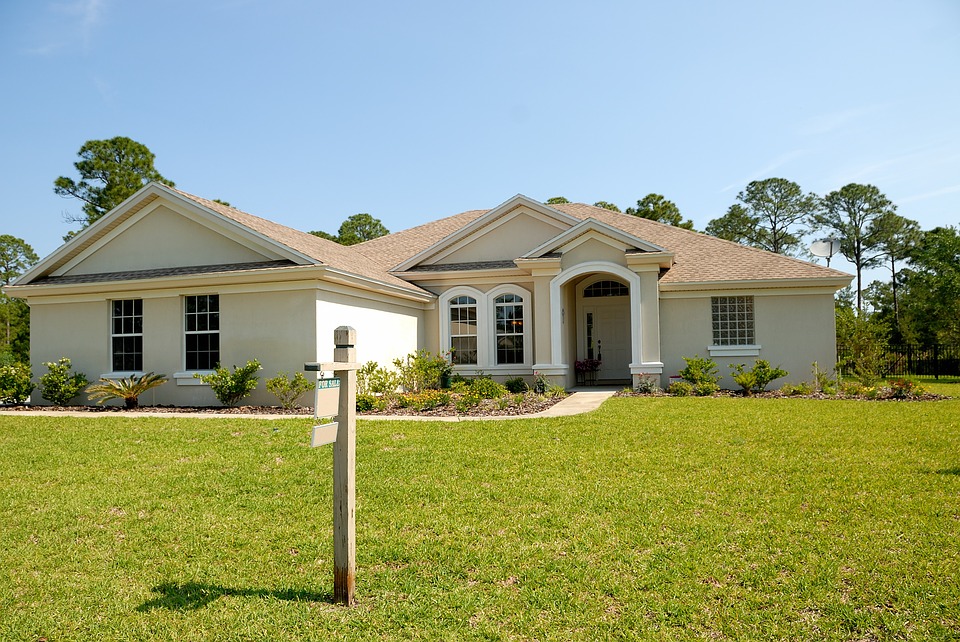Building a house can be a daunting task. There are so many things to think about, from the design of the house to the materials you will use. However, there are things that you should first know before going into the construction sector. The Apopka Voice can teach you all of those things. Here, we will discuss some tips that will help make the process easier for you. Keep in mind that every home is different, and you may need to tailor these tips to fit your specific needs. But overall, these tips should help you build a strong and sturdy home.
Have a Detailed Plan
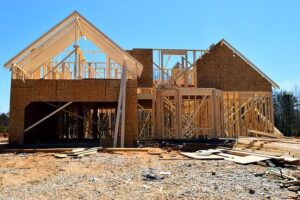 The first step to take when building a house is to have a detailed plan. This plan should include everything from the house’s layout to the materials you will use. Having a plan will help ensure that your build goes smoothly and that you do not run into any surprises. One of the common mistakes of homeowners is that they do not plan ahead, and this can often lead to problems later on.
The first step to take when building a house is to have a detailed plan. This plan should include everything from the house’s layout to the materials you will use. Having a plan will help ensure that your build goes smoothly and that you do not run into any surprises. One of the common mistakes of homeowners is that they do not plan ahead, and this can often lead to problems later on.
Having a detailed plan can make things much easier for you and your contractor.
Create a Budget
Building a house can be expensive, so it is important to create a budget. This budget should include the cost of materials, labor, and any other expenses you may incur during the build. Once you have a budget, you can work with your contractor to ensure that your project stays on track. It would be best if you listed down everything to be sure that you are not overspending. There are instances where homeowners go over their budget because they did not plan ahead. Sometimes this can lead to financial problems later on and result in unfinished houses.
Hire a Reputable Contractor
 The last important tip is to work with a reputable contractor. A good contractor will be able to help you with the planning process and will also be able to provide you with the best materials for your build. They will also be able to help you stay on budget and on schedule. Working with a reputable contractor is one of the best ways to ensure that your build goes smoothly.
The last important tip is to work with a reputable contractor. A good contractor will be able to help you with the planning process and will also be able to provide you with the best materials for your build. They will also be able to help you stay on budget and on schedule. Working with a reputable contractor is one of the best ways to ensure that your build goes smoothly.
You must research to find a contractor you can trust. All in all, building a house is a huge undertaking. It’s definitely not something to be taken lightly. But if you take the time to do your research and plan ahead, you can make the process much smoother and less stressful.
Aside from that, you can also avoid making common mistakes that homeowners often make. Just remember to take your time, and you will be able to build the house of your dreams. We hope these tips have helped you start your own home-building adventure.…

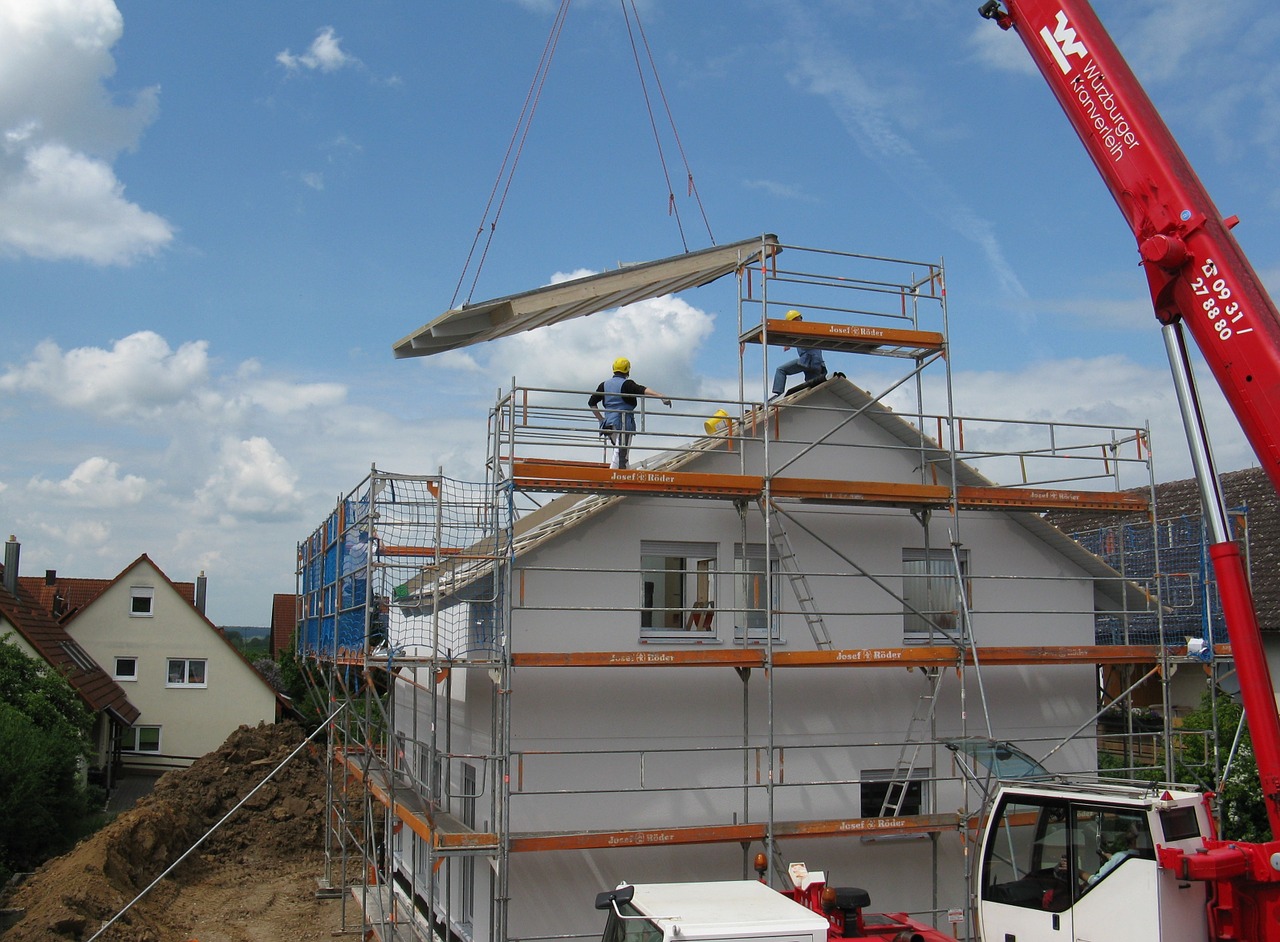

 Another costly mistake you can make when buying a house is not shopping around for the best interest rate. If you accept the first interest rate offered, you could be paying more for your home than you need to.
Another costly mistake you can make when buying a house is not shopping around for the best interest rate. If you accept the first interest rate offered, you could be paying more for your home than you need to.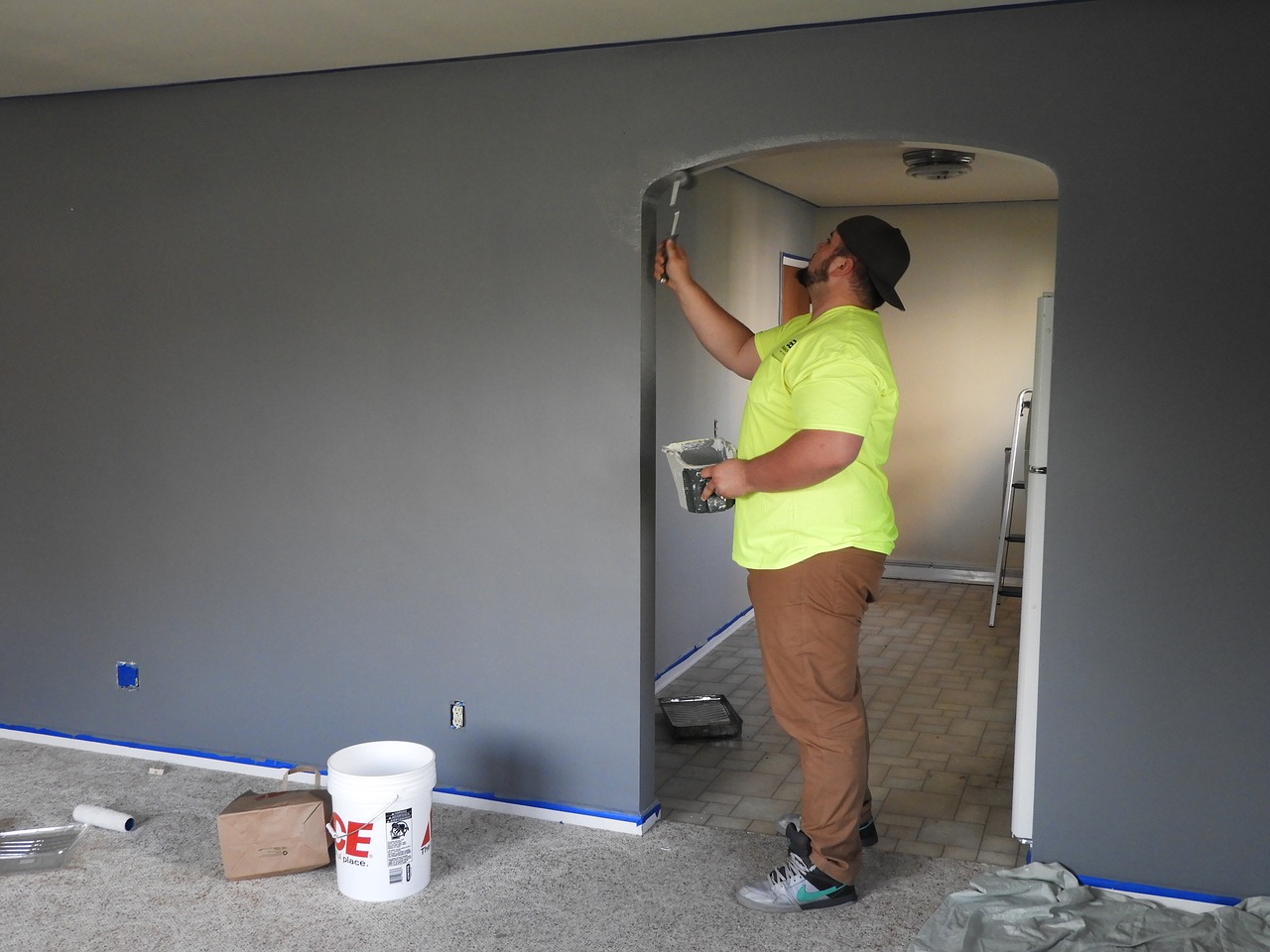
 The first step to renovating your home on a budget is planning and setting a budget. It may seem like a no-brainer, but you’d be surprised how many people start a renovation without knowing how much it will cost. Once you have an idea of what you want to do and how much it will cost, you can start to look for ways to save. When it comes to planning, it’s essential to be realistic about what you can and can’t do.
The first step to renovating your home on a budget is planning and setting a budget. It may seem like a no-brainer, but you’d be surprised how many people start a renovation without knowing how much it will cost. Once you have an idea of what you want to do and how much it will cost, you can start to look for ways to save. When it comes to planning, it’s essential to be realistic about what you can and can’t do.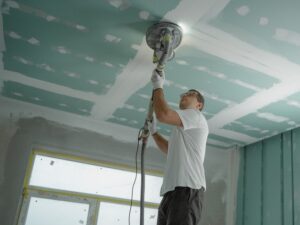 When renovating your home, it’s crucial to think about long-term value. Just because you’re on a budget doesn’t mean you should skimp on quality. It’s worth spending a little extra now when it comes to things like appliances and fixtures, so you don’t have to replace them down the road. And if you’re planning on selling your home in the future, be sure to do some research and find out what home buyers are looking for. By making smart choices now, you can increase the value of your home down the road.
When renovating your home, it’s crucial to think about long-term value. Just because you’re on a budget doesn’t mean you should skimp on quality. It’s worth spending a little extra now when it comes to things like appliances and fixtures, so you don’t have to replace them down the road. And if you’re planning on selling your home in the future, be sure to do some research and find out what home buyers are looking for. By making smart choices now, you can increase the value of your home down the road.